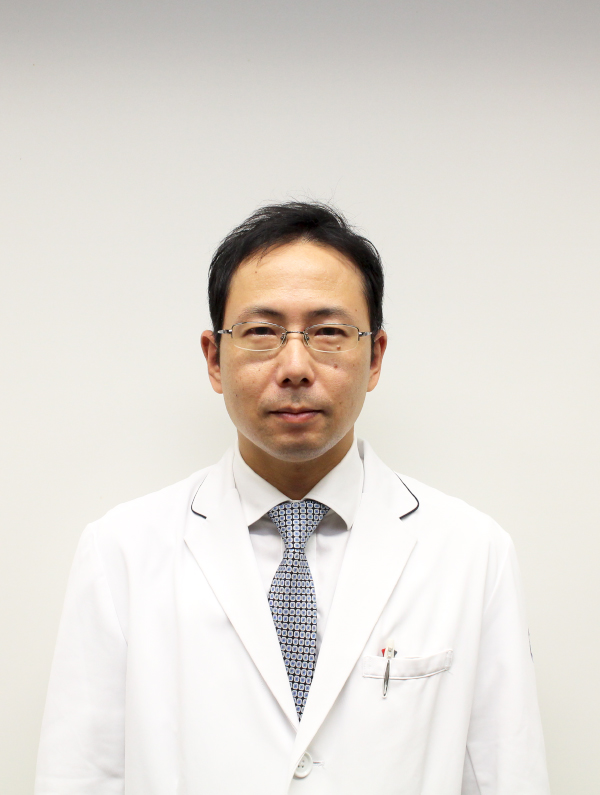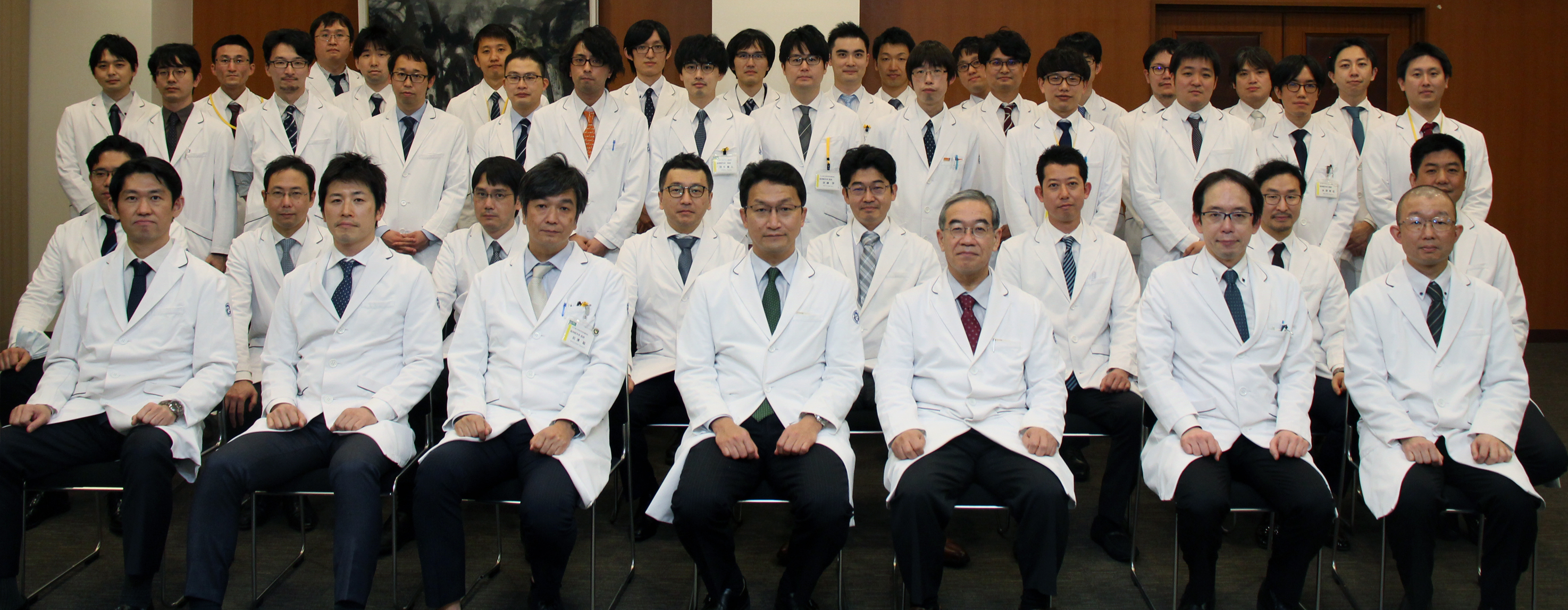
Greeting from Guest Researcher Kuniaki Tanahashi.
In recent years, there are increasing expectations that neurosurgery will preserve function and minimize invasiveness, requiring higher levels of knowledge, skill, and experience.
Especially in the field of skull base and benign tumors, it is essential to not only have a treatment strategy that balances lesion removal and invasiveness, but also to have the advanced techniques to execute that plan with precision and accuracy.
Against this backdrop, our department has led the establishment and operation of the Clinical Anatomy Laboratory Nagoya (CALNA), an anatomical organization for clinical education and training that has been in operation at Nagoya University since 2016.
Cadaver simulation training is undoubtedly the best opportunity to hone your knowledge and skills and gain experience in an environment that is the closest you can get to actual surgery.
In addition to advanced topics for specialists, we have also started basic training seminars for resident doctors.
Thanks to our well-developed educational system, we hope to continue to improve the level of neurosurgery treatment at the university and related facilities.


